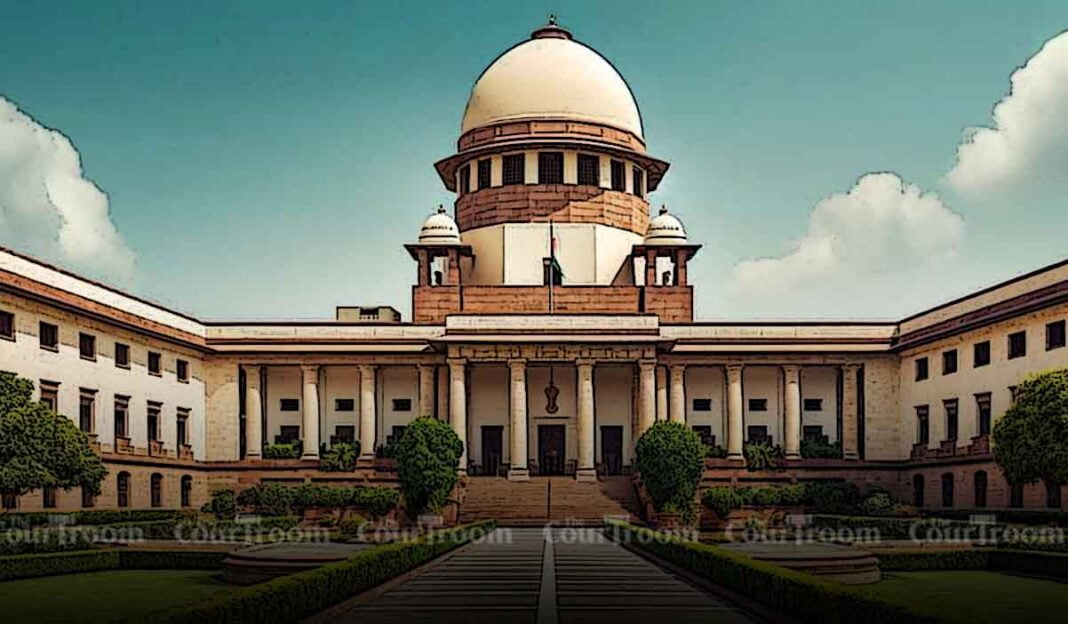Supreme Court Notices Kerala and West Bengal Governors, Centre Over Bill Clearance Delays
The Supreme Court has agreed to hear petitions from the State governments of Kerala and West Bengal, alleging delays by their respective Governors in clearing bills. A bench comprising Chief Justice of India (CJI) DY Chandrachud and Justices JB Pardiwala and Manoj Misra issued notices to the Governors’ offices and the Central government.
“Let a reply be filed within three weeks, and let a joint note be submitted from the States,” the Court ordered.
The West Bengal government filed a fresh petition accusing Governor CV Ananda Bose of delaying the assent to bills passed by the State Legislative Assembly. Previously, a public interest litigation (PIL) with similar allegations against Governor Bose had been filed by Sayan Mukherjee, in which the Court issued notice in April.
Similarly, the State of Kerala filed a plea against Kerala Governor Arif Mohammad Khan, accusing him of unconstitutional delays. Senior Advocate KK Venugopal, representing Kerala, argued that the bills have been pending for eight months and challenged the reference to the President. He asserted that such delays are against the Constitution.
The Supreme Court sought a response from the Additional Chief Secretary to the Governor and the Central government in the Kerala matter.
Senior Advocate AM Singhvi, representing West Bengal, indicated similar issues in their petition against Governor Bose and suggested framing common issues.
The Court responded, “Issue notice in the West Bengal case as well. Liberty to implead the Union government. The amendment may be carried out during the course of the day. We will issue notice to the Governor and the Union Ministry of Home Affairs.”
Senior Advocate Jaideep Gupta, also representing West Bengal, noted that following the Court’s involvement, the Governor had indicated only some bills were now reserved. Singhvi added that each time the Court hears the matter, some bills are cleared, referencing a similar situation in Tamil Nadu.
This case is part of a series of legal battles concerning Governors’ inaction in non-BJP ruled states. In April 2023, the Supreme Court emphasized that Governors should adhere to Article 200 of the Constitution, which mandates them to clear bills “as soon as possible.”
The State of Telangana had earlier sought the Supreme Court’s intervention, directing then-Governor Tamilisai Soundararajan to assent to ten key bills passed by the State legislature. Similar petitions were filed by Punjab, Tamil Nadu, and Kerala.
On November 10, 2023, the Court criticized Tamil Nadu Governor RN Ravi for refusing to give assent to twelve bills passed by the State legislature. Later, on November 23, 2023, while deciding a plea by the Punjab government, the Court held that a Governor is only a symbolic head of a state and cannot thwart the lawmaking powers of legislatures.
(With inputs from agency)
Share your news, articles, deals, columns, or press releases with us! Click the link to submit and join our platform today.


